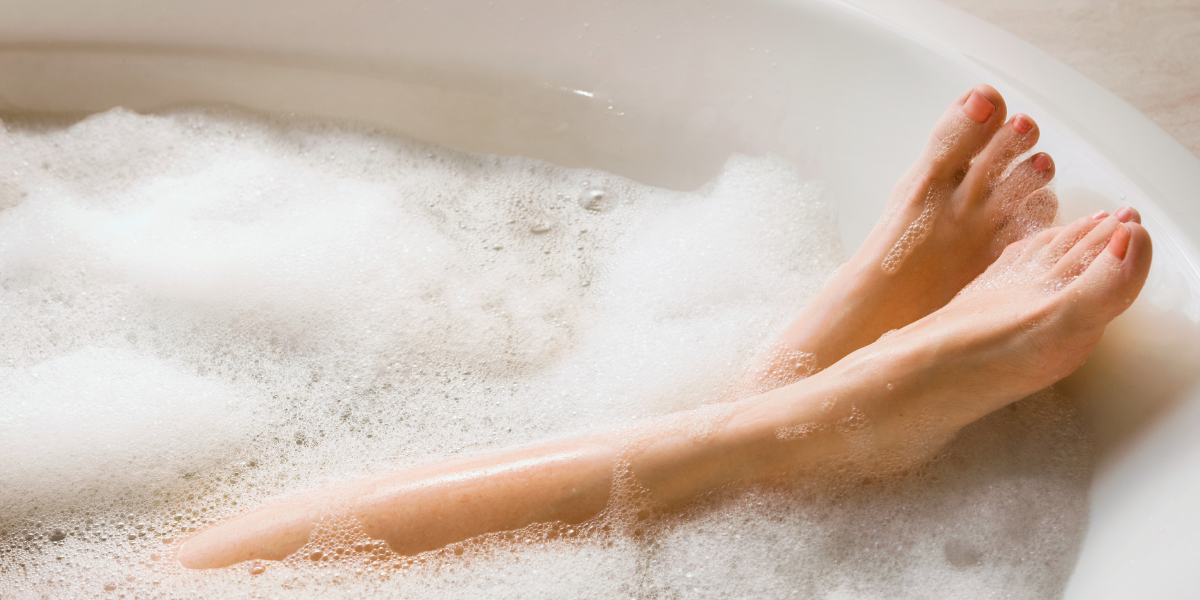
Life can be incredibly stressful and demanding at times, and without taking intentional steps to look after our own wellbeing, we can quickly become overwhelmed and experience burnout. This is exactly why it is important to ensure that you're taking care of yourself mentally, emotionally, and physically. Self-care looks different for everyone, as it’s about understanding what works best for you when it comes to managing stress and promoting a healthy lifestyle, so developing an individual strategy is key to making the most of it. Here are some ways you can practice self-care and build resilience during times of change and uncertainty.
Meditation
The benefits of meditation extend far beyond just relaxation, so it is no wonder that many individuals turn to meditation to navigate the chaos of everyday life. Meditation can benefit both your mental and physical health. When you meditate, you engage in a state of focused attention and heightened awareness, which can help reduce stress and anxiety. Scientific studies have shown that regular meditation can lead to improvements in emotional wellbeing by reducing symptoms of depression and anxiety. It's like a mental workout for your brain, helping you build resilience against life's challenges. There are various forms of meditation, catering to different preferences and goals. If you're not quite sure where to begin, you can check out our recommendations here for different apps, videos, and meditation services.
Sleep Routines
Sleep is one of the most fundamental aspects of self-care, yet it is often overlooked in our hectic lives. Proper sleep hygiene and routines can have a profound impact on your overall wellbeing. Adequate sleep is essential for physical health, as it allows your body to repair and rejuvenate itself. Moreover, quality sleep is linked to improved cognitive function, better mood regulation, and a stronger immune system. It's the ultimate self-care for your body and mind.
Creating a bedtime routine can greatly improve your sleep quality. This routine might include activities like a relaxing skincare routine, winding down with a good book, and practicing relaxation techniques. Setting a consistent sleep schedule can help regulate your body's internal clock, making it easier to fall asleep and wake up feeling refreshed.
Calming Baths
Beyond the physical cleansing, a nice warm bath provides a moment of solitude and relaxation that can offer significant mental and emotional benefits. The experience of submerging yourself in warm water can be deeply calming, allowing you to let go of the day's worries. Warm baths can also help ease muscle tension and promote better circulation, relieving physical stress. Plus, when added to your sleep routine, warm baths can also help you fall asleep easily as the change in your core temperature acts as a circadian rhythm signal.
Journaling
Journaling is a simple self-care practice that has gained popularity for its ability to enhance emotional and mental health. One specific form of journaling that has garnered attention is gratitude journaling, which involves regularly writing down things you are thankful for. This practice not only promotes emotional wellbeing by fostering a positive outlook on life, but also has notable mental health benefits. It's been said that it is nearly impossible to be anxious in a posture of gratitude, as it shifts your mindset from dwelling on what is lacking to appreciating what is present.
Additionally, journaling in general provides a safe space for self-expression and introspection. It can help you process emotions, track personal growth, and set goals. It's like a self-care tool that doubles as a personal therapist.
In the quest for self-care, individuals are, in essence, caring for their health mentally, physically, and emotionally. The surge in popularity of self-care practices is not in contrast to better health, and in fact, is an important shift to the recognition of the holistic nature of human wellbeing in realizing that rest is vital for good health. So, take a moment to meditate, nurture your sleep, express gratitude in your journal, enjoy a long, warm bath, or experiment to find what works best for you. It's not just a luxury, it is a necessity for your wellbeing.


.png?width=70&height=70&name=Stark_LogoMark%20(1).png)
 Stark
Stark